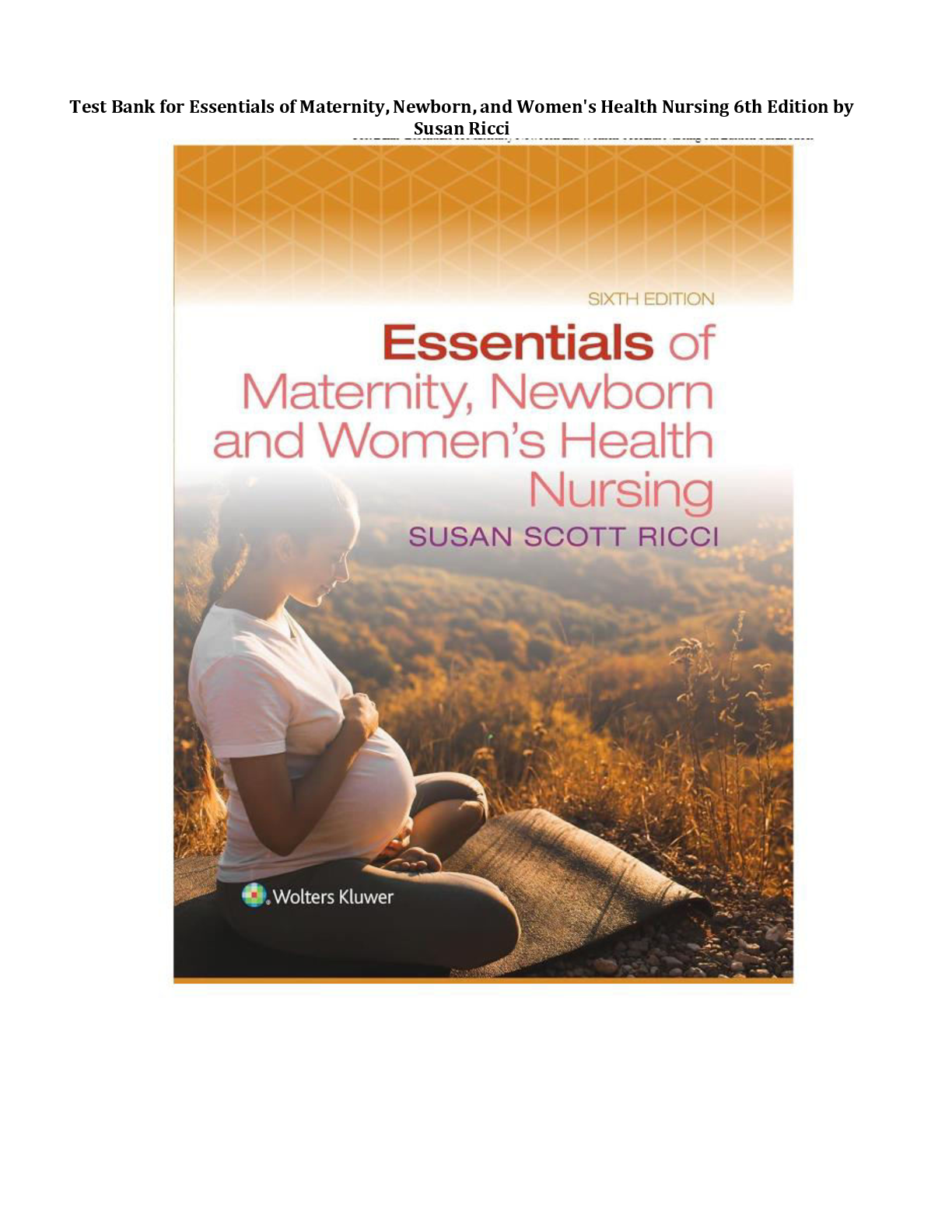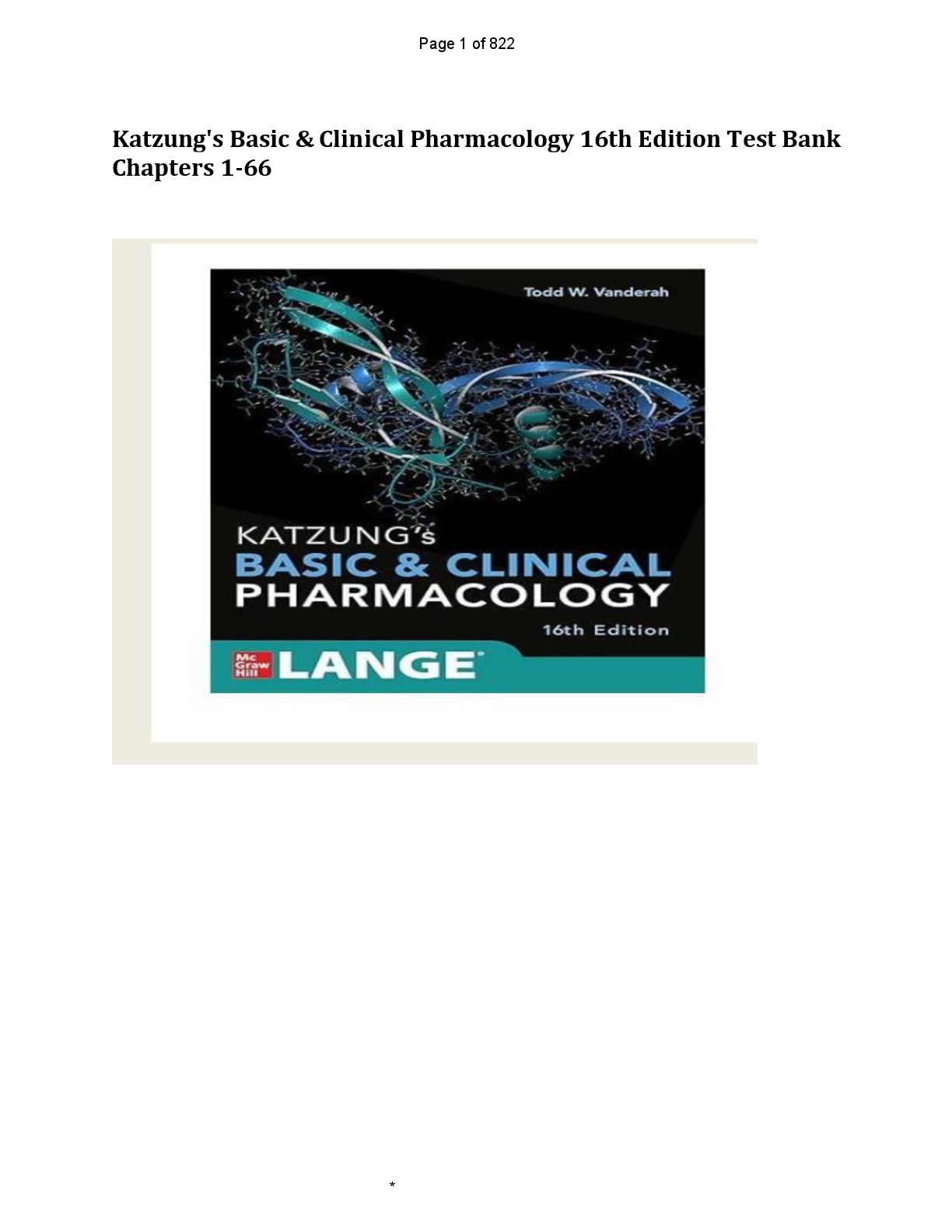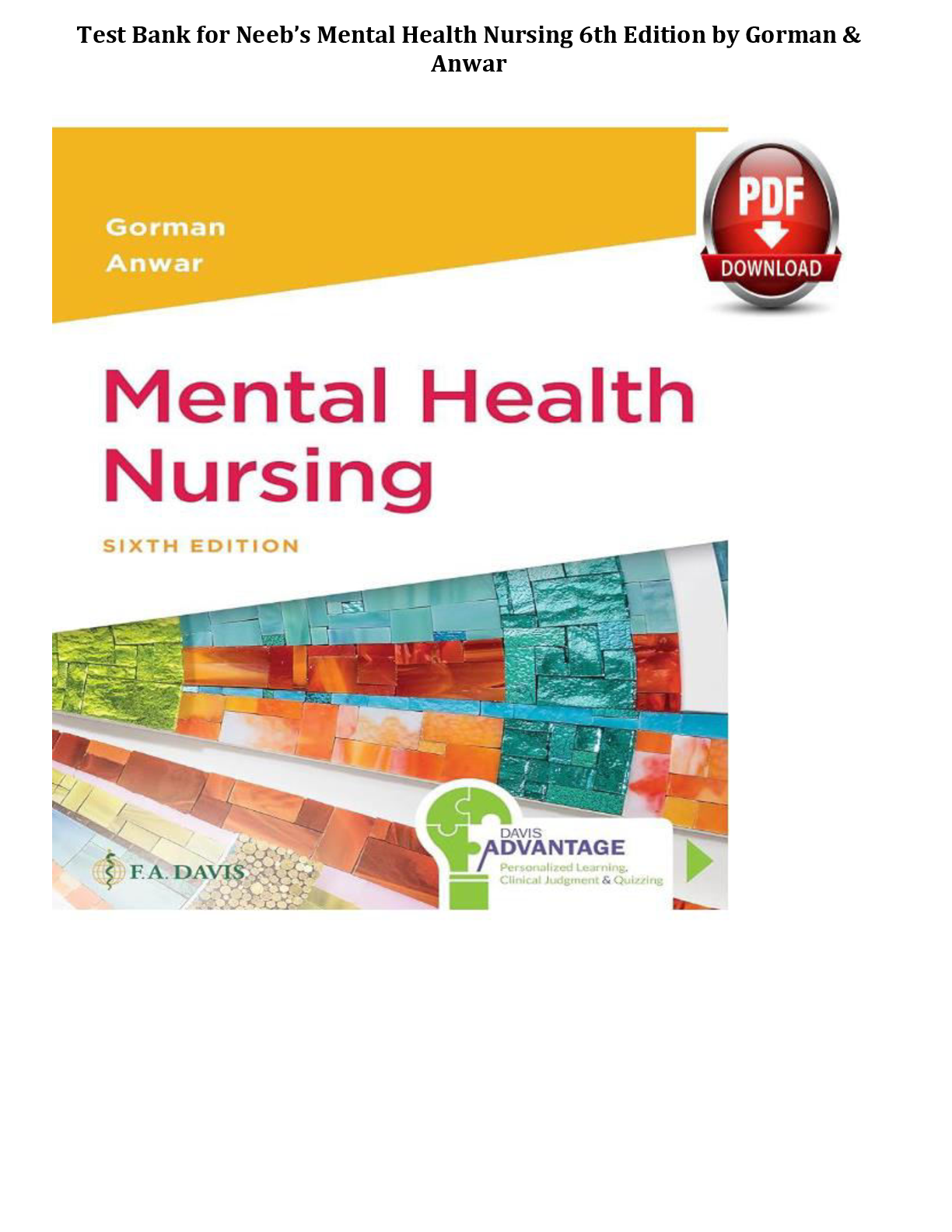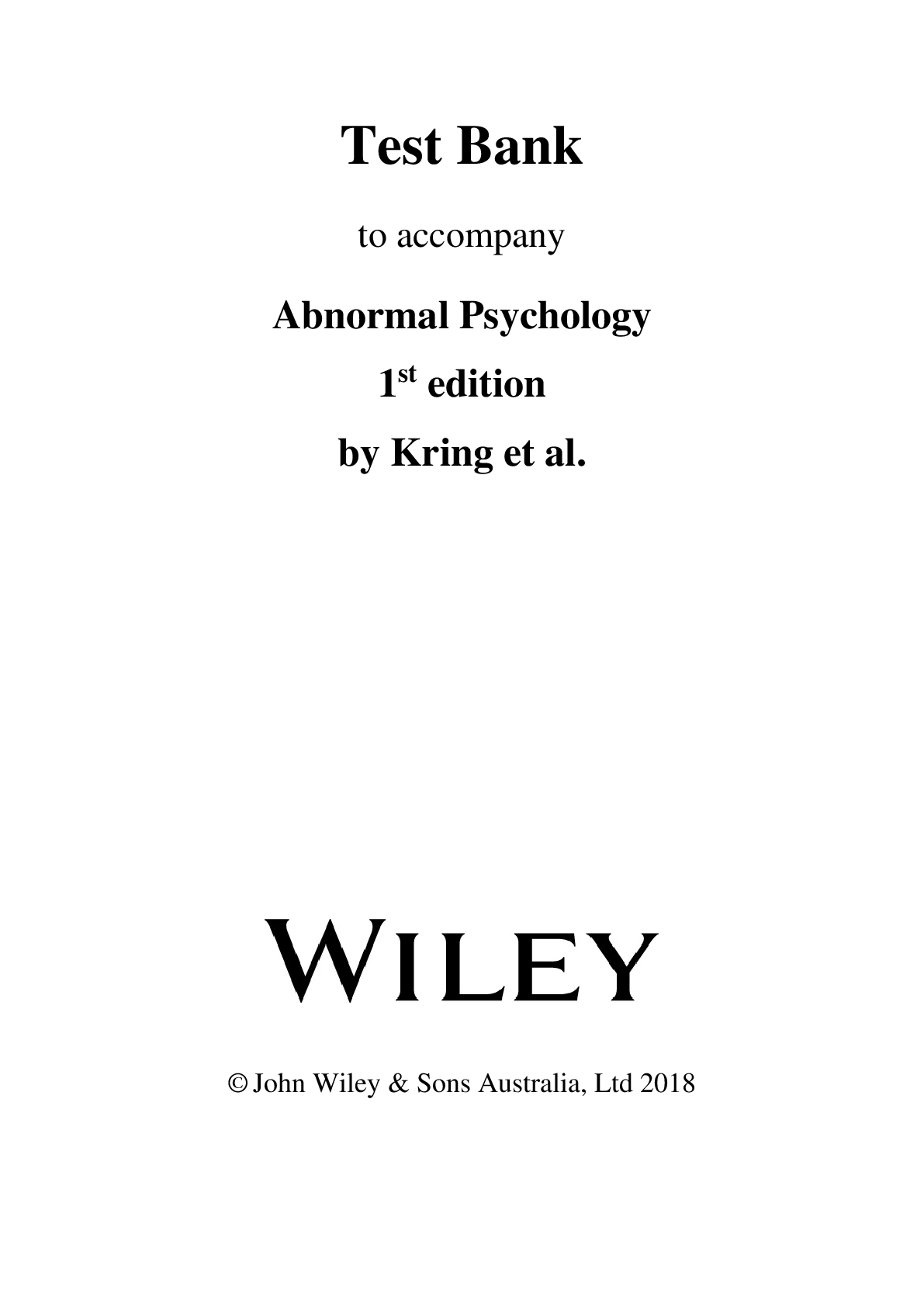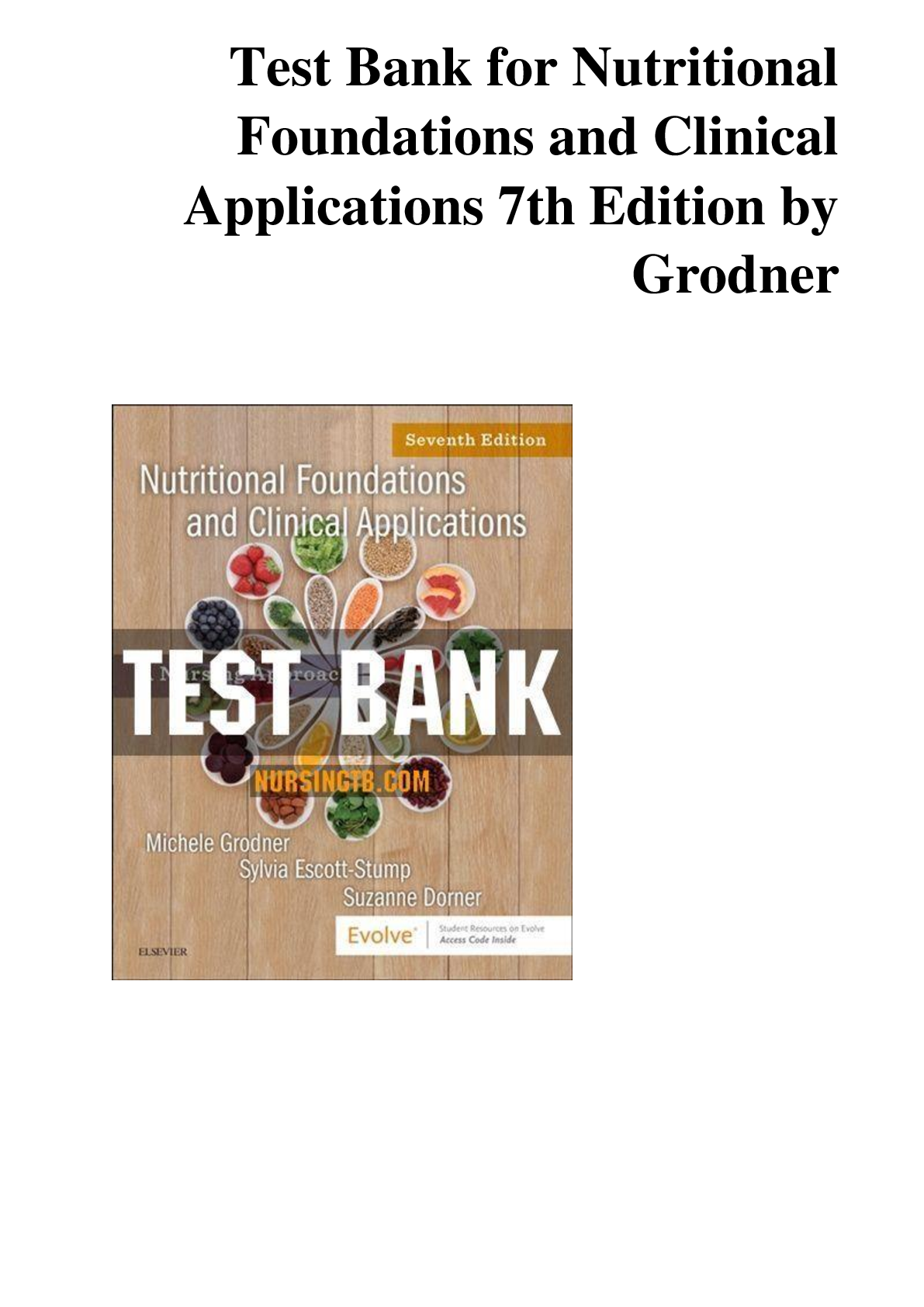Law > TEST BANKS > Barbri - Practice Set Questions - MBE | 441 Questions with 100% Correct Answers | Updated & Verified (All)
Barbri - Practice Set Questions - MBE | 441 Questions with 100% Correct Answers | Updated & Verified | 412 Pages
Document Content and Description Below
A fee simple owner of a restaurant provided in his will that the property should go on his death "in fee simple to my friend, but if during my friend's lifetime my son has children and those childre ... n are alive when my friend dies, then to said living children." When the owner died, the friend took over the restaurant. If the son has children and one or more of them are alive when the friend dies, who will take title to the restaurant at that time? A The friend's heirs, because the attempted gift to the son's children is invalid under the Rule Against Perpetuities. B The son's children, because their interest is not contingent, being a possibility of reverter. C The son's children, because their interest is vested, subject to defeasance. D The son's children, because their interest will vest, if at all, within a life in being plus 21 years. - ANS - D The son's children, because their interest will vest, if at all, within a life in being plus 21 years. The interest given to the son's children does not violate the Rule Against Perpetuities because the interest will vest, if at all, within 21 years after the life of the friend. Pursuant to the Rule Against Perpetuities, no interest in property is valid unless it must vest, if at all, not later than 21 years after one or more lives in being at the creation of the interest. In the case of a will, the perpetuities period begins to run on the date of the testator's death, and measuring lives used to show the validity of an interest must be in existence at that time. Here, the interest given to any of the son's children who are born during the friend's lifetime and who survive the friend must vest, if at all, on the death of the friend (who is a life in being at the time of the owner's death). Thus, this interest will vest, if it does vest, within 21 years after the friend's life, and is therefore not in violation of the Rule Against Perpetuities. (A) is therefore incorrect; if one or more of the son's children is alive at the time of the friend's death, the friend's heirs will get nothing because their fee simple will be divested. (B) incorrectly characterizes the interest of the son's children as a possibility of reverter. A possibility of reverter is the future interest left in a grantor who conveys a fee simple determinable estate. Although under different circumstances the son's [Show More]
Last updated: 2 years ago
Preview 1 out of 412 pages

Buy this document to get the full access instantly
Instant Download Access after purchase
Buy NowInstant download
We Accept:

Reviews( 0 )
$19.00
Can't find what you want? Try our AI powered Search
Document information
Connected school, study & course
About the document
Uploaded On
Oct 10, 2022
Number of pages
412
Written in
All
Additional information
This document has been written for:
Uploaded
Oct 10, 2022
Downloads
0
Views
109






.png)





